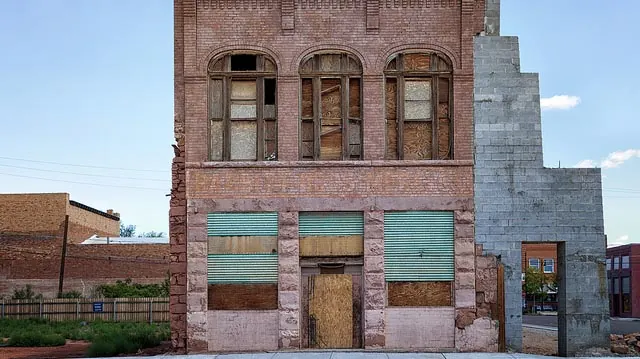
Source: The Washington Post
Poor youth don’t get the chance to experience “emerging adulthood” or the years between teens and ‘full-blow adulthood’ that allow one to explore identity and career, says one study that highlights the affects of finance on youth development.
The study published in “Coming of Age in the Other America” explores poverty, family troubles and neighborhood dangers as some of the factors that sped up the adult process for 150 youth that were followed over a period of 10 years in the projects of Baltimore. The study found that while many teens were bright and motivated, over the years the hardships of re-prioritizing family matters over school or seeking immediate financial freedom instead of pursuing a four-year college degree changed the course of these students’ lives, depleting their chances of financial success. Only one of the 150 students attained a college degree. For middle and upper-class youth, financial stability and career identity are not as urgent, and often times these youth have the luxury of support from family and other sources.
A lack of money and an urgency to financially support younger siblings were the top reasons that most of these students did not go on to pursue the careers they wanted. The study noted that the obstacles that surrounded these students governed their individual transitions into adulthood and deprived them of educational and financial opportunities.
Read full story at: The Washington Post
